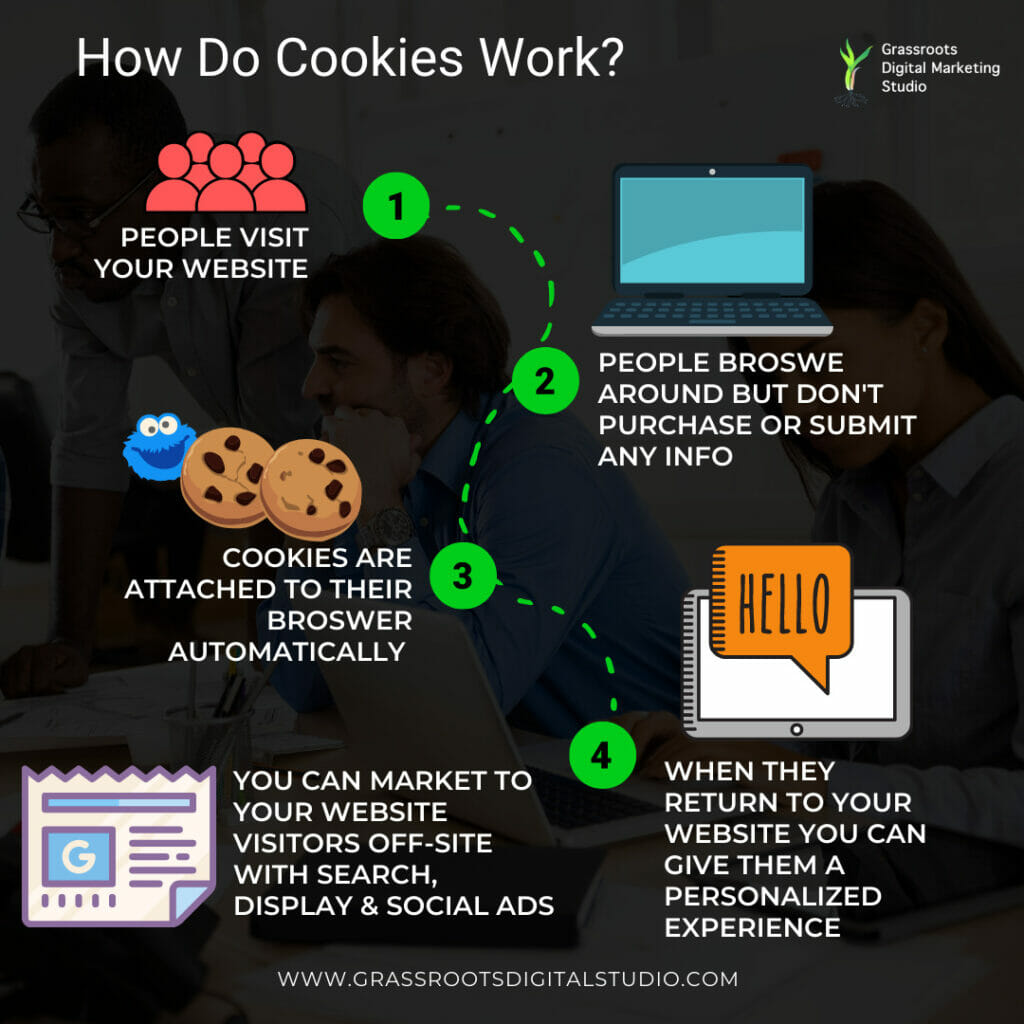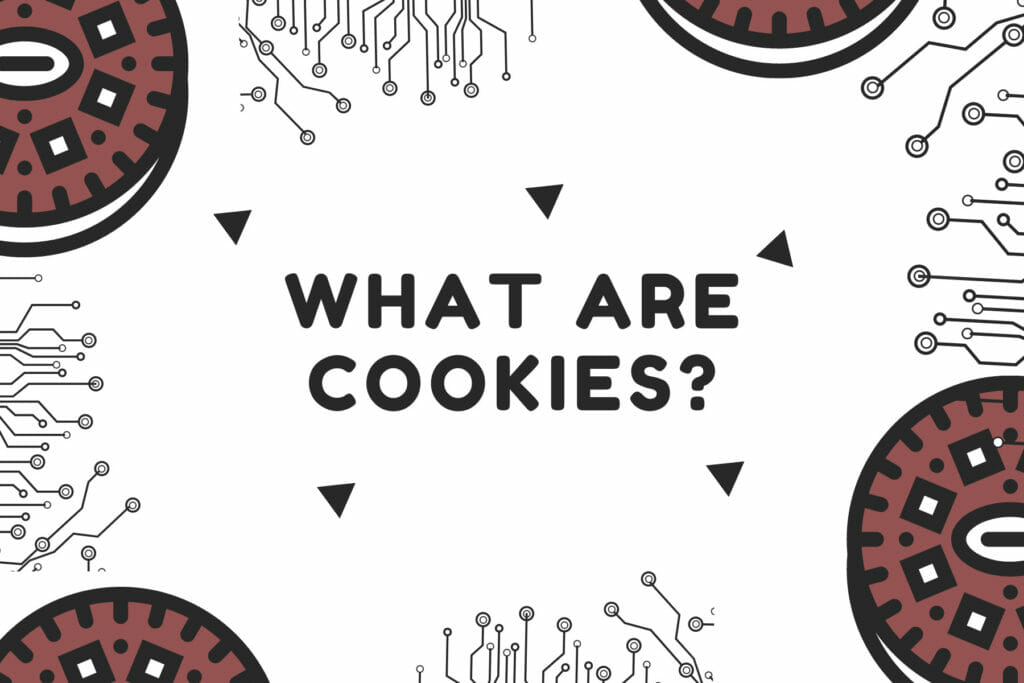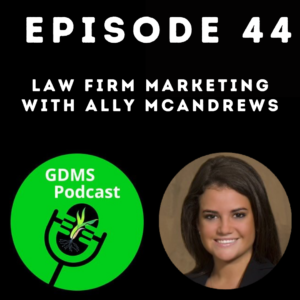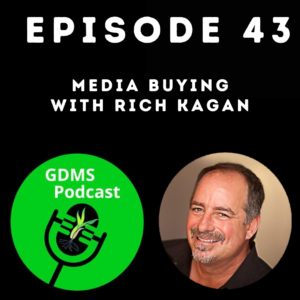Why do websites use cookies?
When you mix flour, sugar, butter and baking soda, you get edible cookies. These little guys are packed with flavor and can be combined with other ingredients to your preference. But, have you ever heard of a HTTP cookie?
Just like the former being packed with flavor, this cookie is packed with data. These cookies are very important for marketing agencies.
There has been a few push back on these data clumps over the past few years. In this post, we are going to talk more about why web cookies are important and the laws revolving around them.
what are cookies on websites?
As said before, cookies are small packets of data that identifies what device you are using on a network. These cookies are given a unique ID that ties to your device. With that, web browsers are able to use your ID and store information on sites that you visited on your device.
Just like how we said we can change baking cookies to our preference, web cookies can change websites to your preference based on what you viewed or visited from before.

what are cookies used for on websites
As said before, web browsers store cookies to your PC on sites you visited. While these sites cannot view the entirety of your cookies, they can still view some parts of the data like location, age and interest.
With that data, marketing teams can send targeting ads based on these parts of the cookie to the user. For example, if you watch a video about exercise, devices on your network will receive ads on athletic clothing or equipment.
Cookies are essential for digital marketing agencies to be able to understand and target ads to its audience.
The Pushbacks of Cookies
While cookies are important to companies, many people have pushed back this concept of allowing sites to view their cookies. The main reason why is an invasion of private and personal information.
The first regulation started in the European Union in 2011. The EU made it mandatory that websites ask users to access their cookies. With this option, companies were hindered on how they could target users.
The next major regulation has been in 2018 by the state of California by passing its privacy act, the CCPA. This act, like the EU’s, has given users the ability to allow sites to view their cookies. Not only that, users have the right to know about what information businesses are taking and they can ask to delete them.
The most recent regulation on cookies happened in early 2020. Google announced that its Chrome browser will block third party cookies by 2022.
The impending end to third-party cookies
At some point in the near future Google, Apple and other platform will restrict third-party access to data. This means that your content marketing strategy will be more important than ever before.
Conclusion - Why do websites use cookies?
With California passing its privacy act, we might see more states follow as well. The same can happen with other web browsers following Google’s actions. With these laws, there will be a void that digital marketing companies will have to fill. The issue now is how will they be able to target its users without the help of cookies.
FREE Website Report
If you are interested in having a digital audit of your business or organization; check out our free website report; The report is yours regardless of whether or not we work together. Or check out the services we provide.
Free Website ReportOur Services




